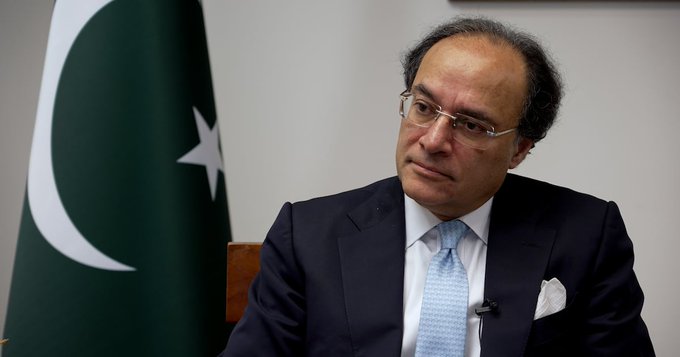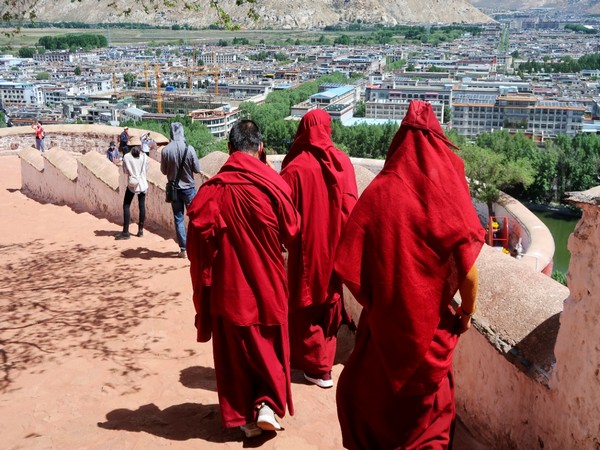President Asif Ali Zardari signed the Constitution (26th Amendment) Act, 2024, following its approval by both the Senate and the National Assembly. …reports Asian Lite News
Pakistan on Monday passed a new law limiting the Chief Justice’s tenure to three years and establishing a special commission to appoint the top judge from the three senior-most Supreme Court judges. The move comes amid opposition from the Pakistan Tehreek-e-Insaf (PTI) party, led by jailed former Prime Minister Imran Khan.
President Asif Ali Zardari signed the Constitution (26th Amendment) Act, 2024, following its approval by both the Senate and the National Assembly. With this new law, the government can now prevent Justice Mansoor Ali Shah from succeeding the current Chief Justice, Qazi Faez Isa, who is set to retire on October 25 upon reaching the mandatory retirement age of 65. The original proposal to extend the retirement age to 68 was not included in the amendment.
The bill passed through both houses of parliament, despite fierce opposition. The National Assembly voted on the amendment after a lengthy overnight session, with 225 members in favor, surpassing the required 224 votes. Earlier, the Senate approved the bill with a two-thirds majority, with 65 out of 69 members supporting it.
The amendment introduces a commission consisting of the Chief Justice, four senior-most Supreme Court judges, two senators, and two National Assembly members—one from the opposition—to appoint the Chief Justice. Law Minister Azam Nazeer Tarar, who presented the bill, said these changes would help expedite justice delivery by the Supreme Court.
The opposition, including PTI and the Sunni Ittehad Council (SIC), strongly opposed the amendment. PTI leaders, including Hammad Azhar and Salman Akram Raja, criticized the law as undermining the judiciary’s independence. Azhar called the amendment “a death blow” to judicial autonomy, warning it would politicize the judiciary by giving the government control over appointments. Raja described it as “the bleakest moment in parliament’s history.”
Despite opposition, Pakistan People’s Party chief Bilawal Bhutto-Zardari pushed for the amendment, saying the government would proceed with or without PTI’s support. He emphasized the importance of completing the legislative process, regardless of PTI’s boycott.
Prime Minister Shehbaz Sharif praised the amendment as a symbol of national solidarity, declaring it would usher in a new era for the nation.
ALSO READ: Indian Navy’s fast attack craft INS Kalpeni in Colombo













